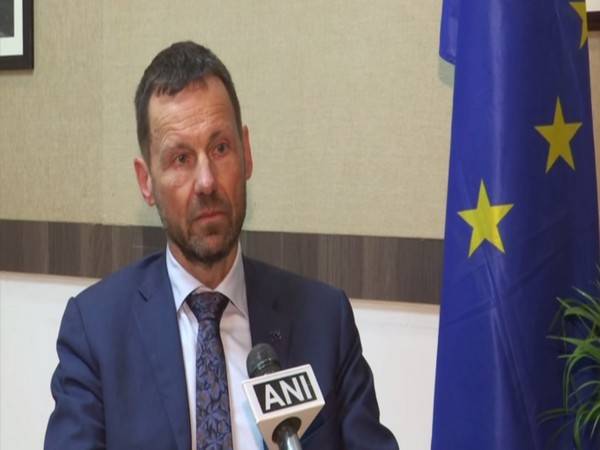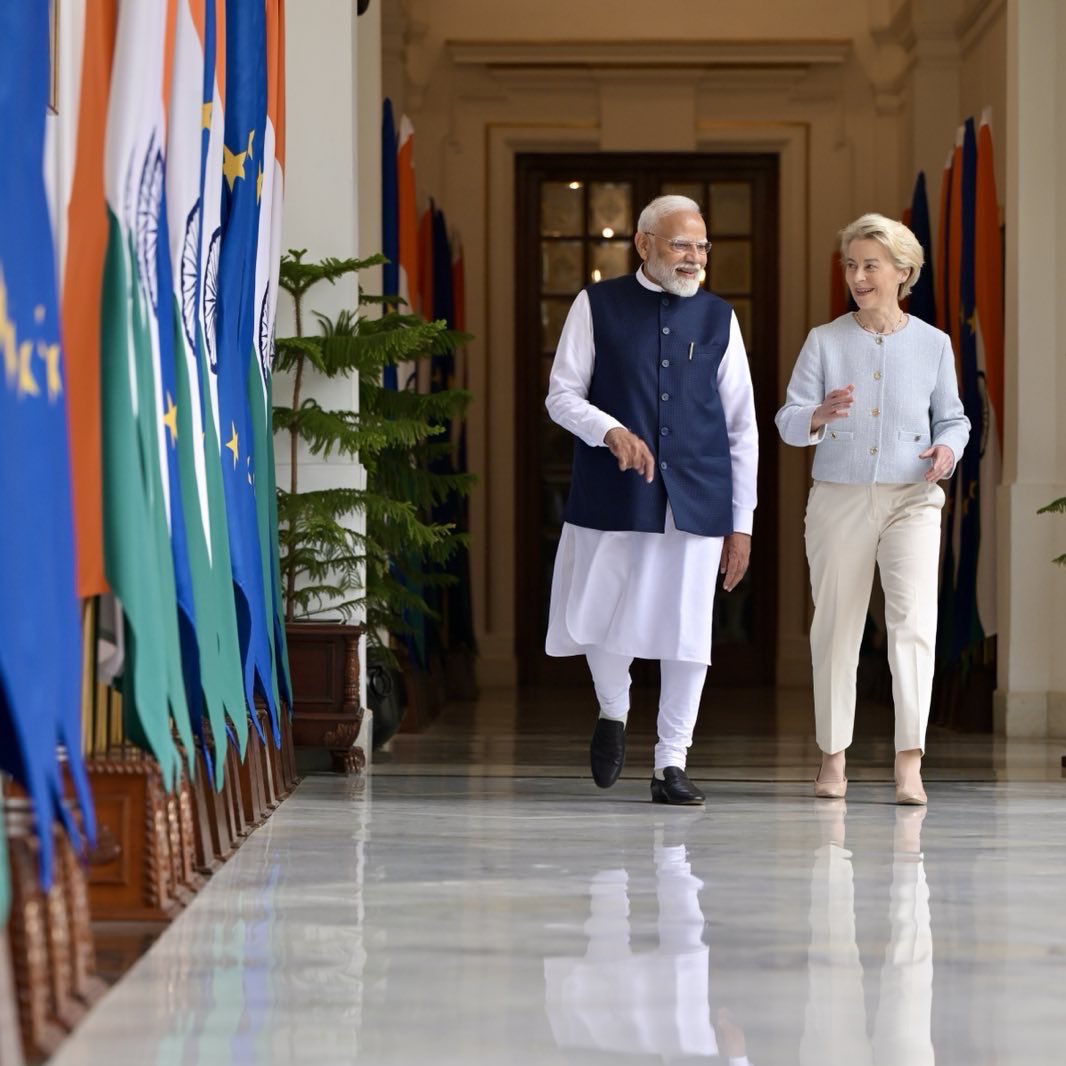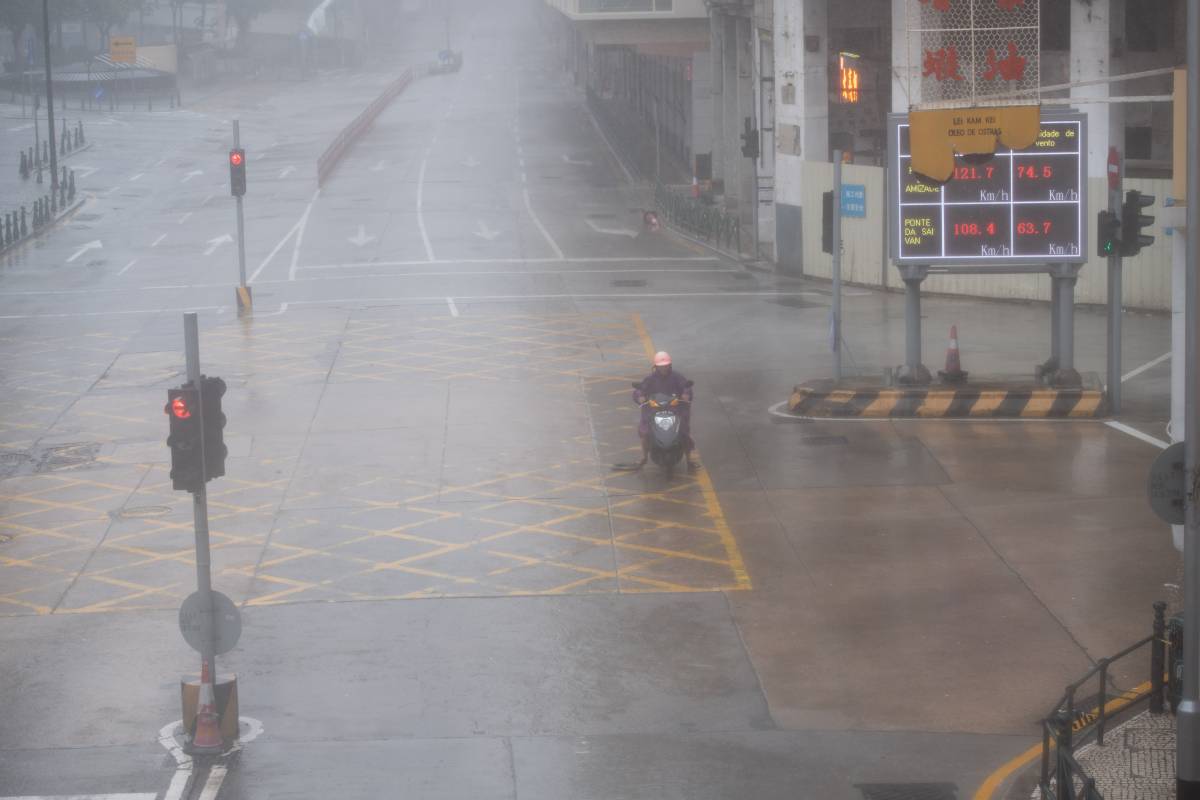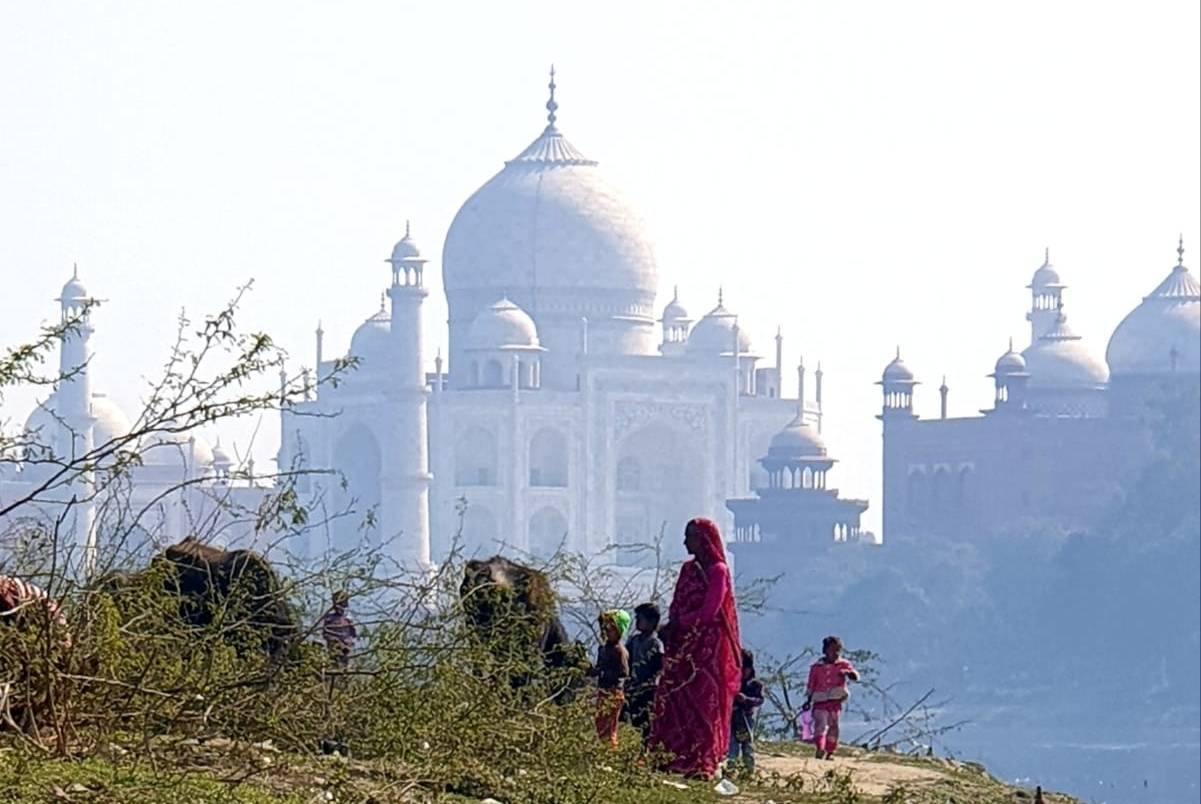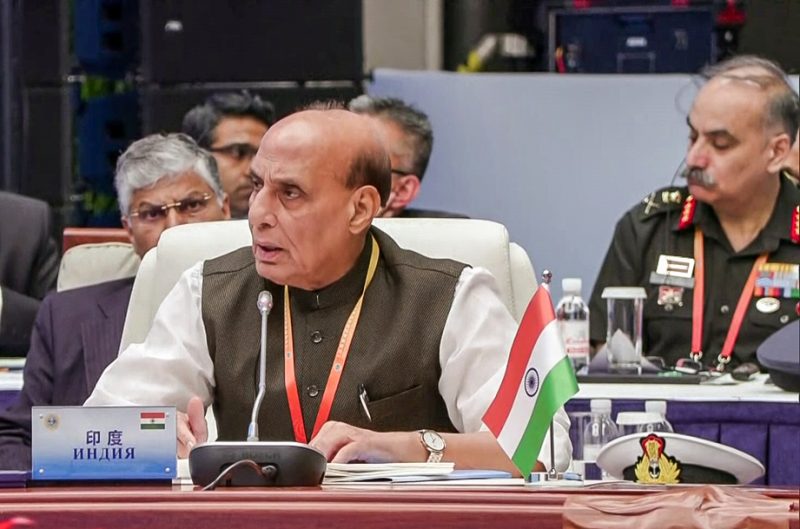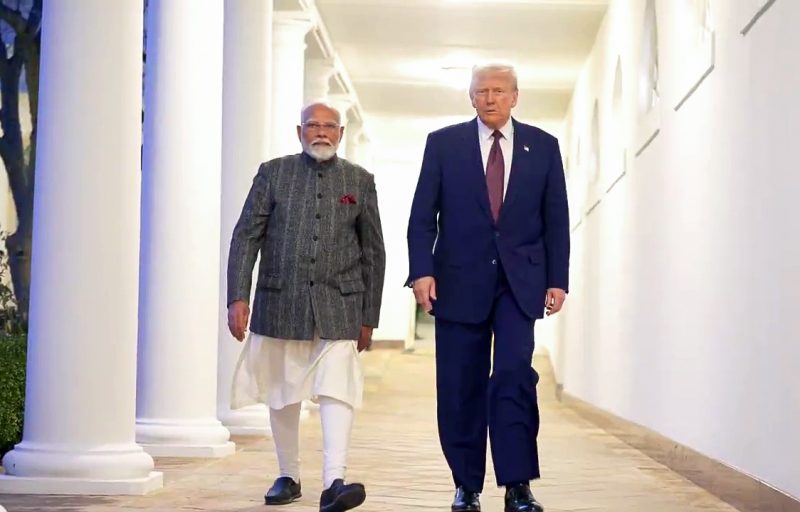The remarks come at a time when global leaders have raised extreme concerns over an increasing number of human rights violations and girls’ education under the Taliban regime in Afghanistan…reports Asian Lite News
Special Envoy of the European Union for Afghanistan, Tomas Niklasson, on Monday raised his concerns over the surge in violations of human rights under the Taliban and said that the organization has failed to uphold any promises made.
The special envoy voiced his concerns at the 51st session of the UN Human Rights Council (HRC 51) in Geneva Monday, recalling that Afghanistan is a party to the Rome Statute, Khaama Press reported.
“The EU remains deeply alarmed by the increase of human rights violations and abuses and international humanitarian law violations in Afghanistan,” said the European Union in a statement. “Accountability must be ensured and, in this regard, we recall that Afghanistan is a party to the Rome Statute.”
The remarks come at a time when global leaders have raised extreme concerns over an increasing number of human rights violations and girls’ education under the Taliban regime in Afghanistan, stated Khaama Press.
“The shrinking space for civil society and restrictions on human rights and fundamental freedoms remain a primary concern,” the statement added.
Under the atrocious rule of the Taliban in Afghanistan, people from ethnic and religious minorities and groups, LGBTI persons, human rights defenders, journalists and other media workers suffer killings, arbitrary detentions, enforced disappearances and a lot more on a daily basis.
However, the Taliban has denied the allegations of the international community time and again.
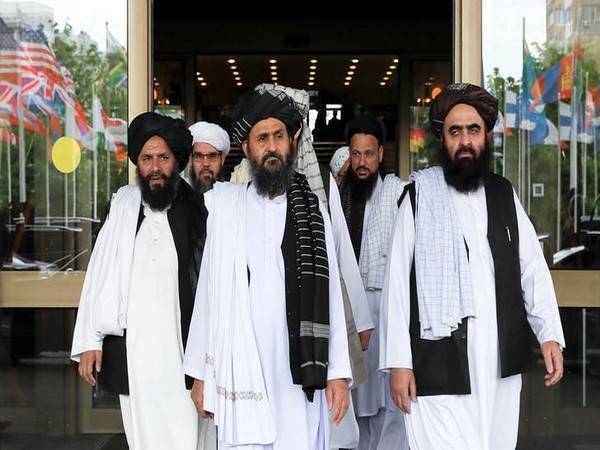
Reflecting on the overall security of the country, the Spokesman of the Islamic Emirate of Afghanistan, Zabihullah Mujahid said a “peaceful atmosphere” has been created in the country, where women and men could rightfully take part in Afghanistan’s development.
The human rights issues of extrajudicial killings by security forces; forced disappearances by antigovernment personnel; torture and cases of cruel, inhuman, and degrading treatment or punishment by security forces have become a regular affair in Afghanistan.
The issues include serious restrictions on free expression and media by the Taliban, including violence against journalists and censorship; severe restrictions on religious freedom as well as restrictions on the right to leave the country.
Since the Taliban took over Afghanistan, the plight of Afghan women has worsened in the country. Contrary to the Taliban’s claims, girls were stopped from going to school beyond sixth grade on March 23 and a decree on the women’s dress code was issued after a month. There are restrictions on movement, education and freedom of expression of women posing a threat to their survival.
Around 80 per cent of women working in the media have lost their jobs, and almost 18 million women in the country are struggling for health, education and social rights. (ANI)


